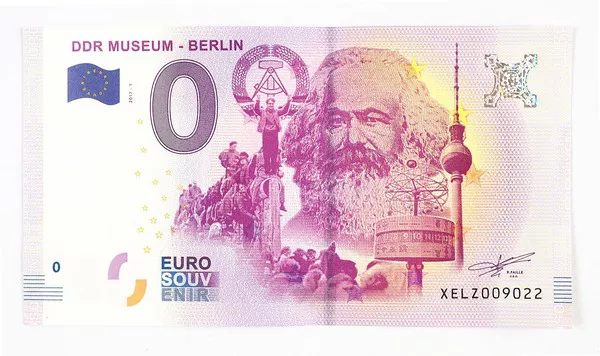The euro, established in 1999, stands as a remarkable symbol of economic integration and unity across European nations. As the official currency of 19 member countries within the Eurozone, the euro has transformed the way these nations conduct their economic activities and engage with the global financial system. This article explores the significance of the euro as a shared currency, highlighting the benefits and challenges associated with its adoption. By examining the economic, political, and social factors involved, we can gain a comprehensive understanding of the euro’s role in promoting economic unity across countries.
Economic Advantages:
-
Facilitating Cross-Border Trade and Integration
The euro has streamlined trade and economic cooperation among Eurozone member countries. By eliminating the need for currency exchange and reducing transaction costs, the euro has encouraged seamless cross-border trade and investment, fostering deeper economic integration within the region.
-
Price Stability and Inflation Control
The Eurozone benefits from a unified monetary policy, managed by the European Central Bank (ECB), which aims to maintain price stability across member countries. This policy framework ensures consistent inflation rates and supports a stable economic environment, promoting consumer and investor confidence.
-
Enhanced Economic Resilience
Through the euro, member countries gain access to a larger and more diverse market, providing opportunities for economic growth and resilience. The stability and credibility of the euro attract foreign direct investment and contribute to the overall economic strength of Eurozone nations.
Political and Geopolitical Considerations:
-
Promoting Political Integration
The euro serves as a catalyst for political integration among member countries. By adopting a common currency, countries in the Eurozone demonstrate their commitment to closer economic and political cooperation, forging a shared destiny that extends beyond national boundaries.
-
Fostering European Identity
The adoption of the euro contributes to the development of a shared European identity. It symbolizes the aspiration for a united Europe and strengthens the sense of belonging among member countries. The euro represents a tangible manifestation of European unity and cooperation.
-
Geopolitical Influence
The euro enhances the geopolitical influence of the Eurozone as a collective entity. By having a single currency, the Eurozone gains increased bargaining power in international trade negotiations and a stronger voice in global economic and political affairs. The euro’s global standing is a testament to the collective strength of Eurozone countries.
Challenges and Mitigation:
-
Economic Convergence and Structural Reforms
The adoption of the euro necessitates economic convergence among member countries. This process requires implementing structural reforms, fiscal discipline, and harmonization of economic policies to ensure the smooth functioning of the currency union. Economic disparities between countries can pose challenges that need to be addressed through concerted efforts.
-
Crisis Management and Solidarity
The euro has faced significant challenges, notably during the European debt crisis. Managing crises within the Eurozone requires coordinated efforts and solidarity among member countries. Institutions such as the European Stability Mechanism (ESM) and fiscal rules help maintain financial stability and ensure collective responsibility in times of economic stress.
-
Balancing National Interests and Eurozone Decision-Making
Eurozone member countries need to strike a balance between their national interests and the decision-making processes within the Eurozone. While retaining some degree of national autonomy, member countries must align their economic policies with Eurozone objectives, considering the impact on the overall currency union.
Conclusion:
The euro has emerged as a pivotal currency, unifying countries across the Eurozone and promoting economic integration and stability. It offers advantages such as facilitating trade, maintaining price stability, and strengthening geopolitical influence. However, challenges exist, requiring continuous efforts to ensure economic convergence, crisis management, and harmonization of policies. As a symbol of European unity and cooperation, the euro serves as a testament to the vision of a stronger and more integrated Europe.
Related Topics:
- Factors tol Influence the Future Movement of EUR/JPY
- Should You Buy Euros in the US or Europe?
- Buying Euros in Edinburgh: A Guide for Currency Exchange


























